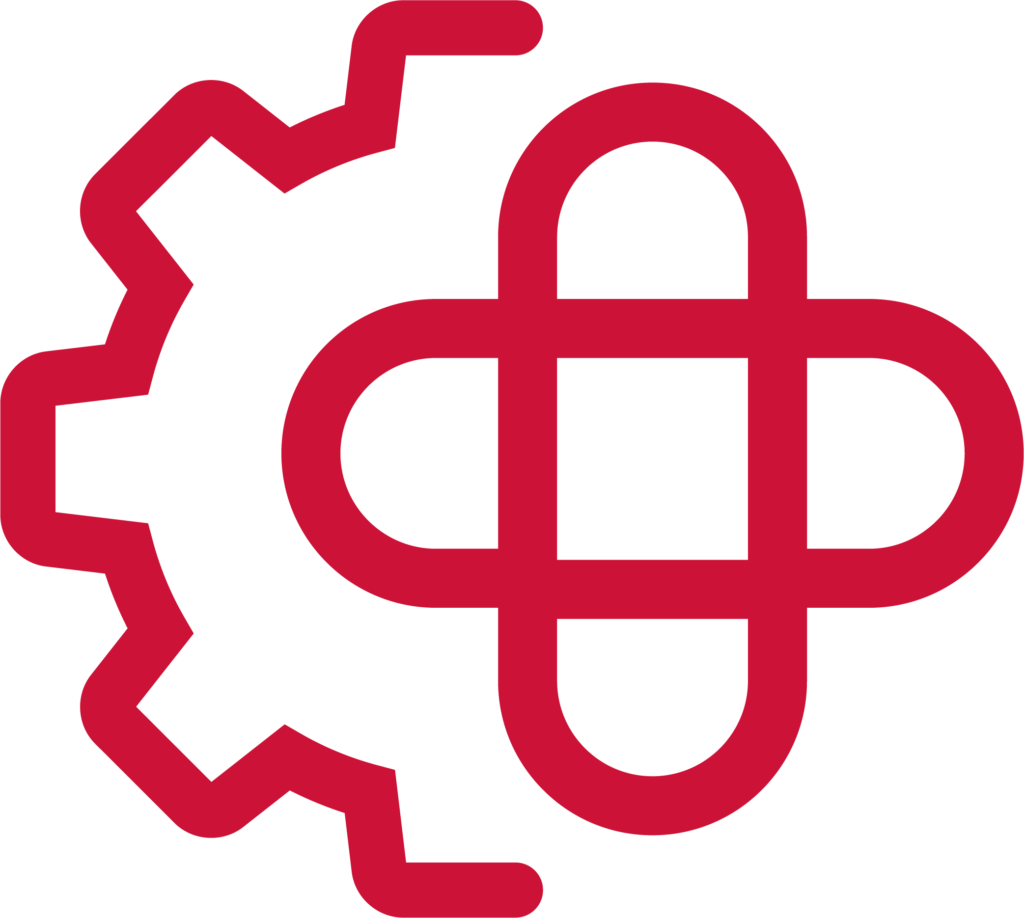It’s become an unfortunate reality that for many businesses, cyber attacks have become part and parcel of daily life. Cyber criminals are seizing the opportunity to extort money by disrupting businesses operations.
But what can organisations do? How can you prevent cyber attacks?
What is a Cyber Attack?
There are many definitions of cyber-attacks. However they all come down to the same fact. A cyber attack is any operation or action intended to alter, corrupt, deceive, deny access or delete computer systems or networks. This includes the data and/or software within/in transit of said computer system and networks.
Businesses are susceptible to such attacks due to the data they hold. They possess lots of sensitive information, such as personal data, which attracts threat actors. In particular, small businesses are often susceptible to cyber-attacks due to them often utilising free security software meant for normal users, rather than professional grade cyber security solutions.
It is also important to understand the impact a cyber-attack can have on a business. Not only can it result in employee/customer information being stolen, it can also cause substantial damage to a company’s reputation. This can lead to financial loss and having to seize operations while attempting to recover from an attack.
Whilst it is true businesses are very vulnerable in the current cyber climate there are easy, actionable steps one can take to reduce the risks. One of the easiest is to collaborate with a security operations centre such as Aspire. But what other steps can you take to prevent cyber attacks?
How to prevent cyber attacks
![]()
1. Train your Staff
Human error can account for a large number of successful cyber-attacks. This can include
- Employee using weak passwords.
- Employees storing a password in an unsecure place.
- Employee falling for, or simply clicking on, a phishing email.
Due to the large part human error plays, it is imperative to educate your staff members, there are even pre-packaged solutions to assist in security awareness training.
At Aspire we have recently seen an increasing number of phishing emails. The inception of artificial intelligence has made it even harder to determine whether or not an email is malicious. It allows threat actors to structure their phishing emails in a professional manner, using correct grammar and fluency in their writing, all of which make an email appear more legitimate. This is why it’s important to train your staff diligently to give them the toolset to identify a phishing email themselves.

2. Keep Software and Systems Up to Date
Threat actors often look for exploits in popular software. That’s why it’s important to ensure your software is up to date along with your operating system. This ensures any vulnerabilities have been patched out.
In 2017 the notorious “WannaCry” ransomware attack targeted organisations around the globe, one of them being the NHS. The NHS was heavily impacted by this ransomware, impacting over 80 hospital trusts within England. The reason the ransomware was so effective was due to the legacy operating systems that hospitals often use. It was noted that many of the machines infected were using Windows XP which has not received updates since 2014.
At Aspire we offer patch management as a service (PMaaS) to reduce the stress and responsibility for a business, with over 15 years of experience within cyber security.

3. Ensure Data is Backed up
Data backups are extremely important for every business, they are important for several reasons, these including: human error, hardware failure, or the unfortunate event of a ransomware attack. It is important to understand the importance of backing up data with 39% of businesses reporting data breaches last year according the government’s department for digital, culture, media and sports latest cyber security survey. If such a cyber-attack occurs and a business’s data is held for ransom, having a back-up can ensure only as little data is lost as possible, along with business’s running as usual as quickly as possible.
A great solution for data backups includes Aspire’s online backup services, with presence in various data centres across the UK, as well as in the cloud.
![]()
4. Control Access
Access control is a security process which allows businesses to manage who has authorisation to access certain data. It works by identifying users based on their credentials, if the user is correctly authenticated they are then given the appropriate permissions for the data they are trying to access. Forms of access control authentication include passwords, pins and security tokens.
Control access is extremely beneficial as it helps maintain data integrity, mitigate insider threats and audit access control. This audit process ensures potential access violations are discovered as quickly as possible if they do arise.








